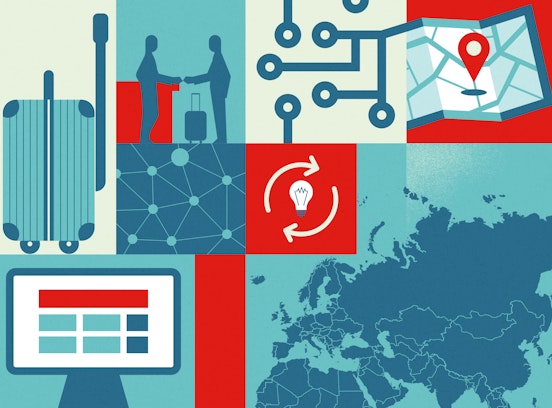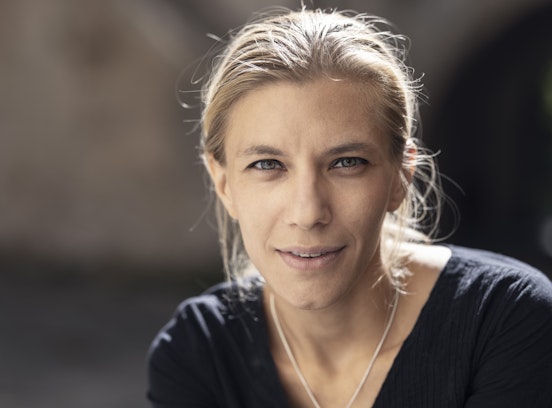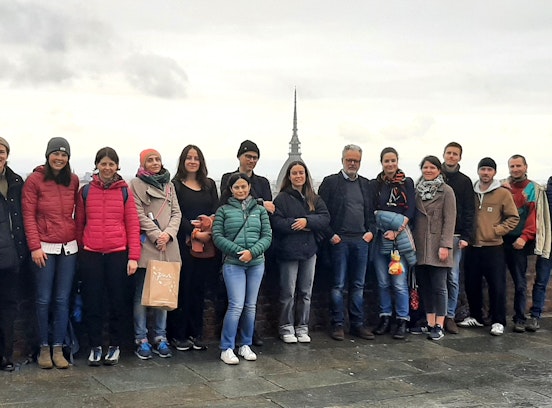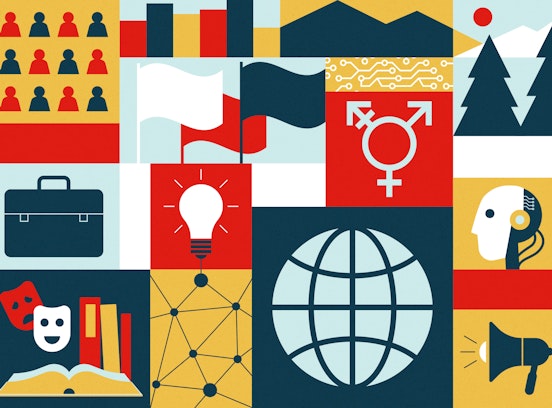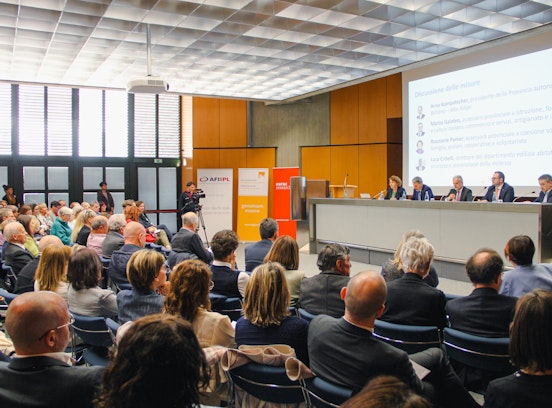Center for Advanced Studies - News & Events - Thinking about the future raises awareness of the present
Thinking about the future raises awareness of the present
UNESCO and OECD experts analyse global future trends
- Deutsch
- English
- Italiano
Humans have a tremendous power of imagination. Mostly, however, future scenarios are associated less with hopes and more with fears. At the same time, our thinking about the future has direct consequences for our present. The ability to understand and anticipate the future - so-called futures literacy - is therefore an important educational topic. It is necessary to counteract fears. Upon invitation of the Center for Advanced Studies of Eurac Research, experts from UNESCO and OECD discussed the world as it lies before us today and what developments we can expect.
"We need to harness the tremendous imagination that lies within us," stressed Riel Miller, Head of UNESCO Futures Literacy at the conference "Who Explains Today's World to Us? UNESCO and OECD provide answers." The world has become more confusing and complex in recent years. The world's leading companies today did not exist 15 years ago and who would have believed 10 years ago that Donald Trump could become US President? To shape our world, we need to understand its key forces and mechanisms as holistically as possible - and project them into the future. Accordingly, futures literacy is a skill, a competence that we should adopt as soon as possible - if we are to believe what the renowned experts have to say.
Collapse of Eurocentrism
"Europe is characterised by its fantastic quality of life, but in terms of its geopolitical power, economic weight and demographic development, we are not unimportant - but we have clearly lost influence," Yves Leterme made clear in his evening lecture. Just 50 years ago, 20 percent of the world's population lived in Europe - today it is only 9 percent. "Europe must realise that it is only a peninsula of the huge Eurasian continent with a whole 4 billion people. It will have to make an effort to continue to be part of those shaping the world of the future," underlined the former Belgian Prime Minister and OECD Deputy Secretary-General. Multilateral and international institutions are under pressure, he said, as are policymakers, who must respond to public debates at an unprecedented speed. Economic policy remains a central issue. The primary goal must be the elimination of inequality. The wealth of a state should not only benefit a few. Last but not least, Leterme mentioned climate change as a key item on the agenda for the future.
The discussion with political scientist Pawel Karolewski and Andrea Billi, Director of Sapienza Innovazione, also addressed populist nationalism. Democracies change - especially through interventions in the rule of law. Examples are the illiberal democracies in Poland and Hungary. International organisations must also react to this and adapt their goals and instruments accordingly.
China in the fast lane
China, North Africa, the Middle East: Europe needs to engage more with these countries in many ways, as experts Edgar Göll of the Institute for Futures Studies and Barbara Ischinger, former Director of Education and Skills (PISA) underlined. "Within 2020, about 20 million students will have graduated in China. In Europe, there will be 3.2 million," Ischinger said. China is also on track to become the second most popular country for international students, overtaking the UK, he added. "Only recently, an institute for artificial intelligence was founded at a Chinese university for which 2000 experts were hired. China is setting a pace that the EU has to catch up with - also in terms of education." According to Hanns-Fred-Rathenow, this includes teaching that responds to immediate reality. Subject-specific teaching still plays a decisive role, but what young people need is transdisciplinarity and the ability to shape things, emphasised the professor of historical-political education. However, this ability to shape and the opportunities to get involved must apply equally to all genders.
Nicola Brandt, Head of the OECD Berlin Centre spoke in this context about equality as a core issue in politics. "Studies show that women work more hours a day than men in all countries of the world, but a large part of this work is unpaid," Brandt explained. Above all, the so-called care work must be borne equally by men and women, she said. However, the economist did not only address gender inequality, but also inequalities between urban and rural areas - for example, in terms of education, transport or infrastructure.
South Tyrol as a laboratory for futures literacy
Epaminondas Christophilopoulos, UNESCO Chair for Futures Literacy, underlined that not technical competences but so-called meta-skills and behavioural competences will be in the foreground in the future. The education system, but also companies, must react to this, as Sergio Arzeni, President of the International Network for Small and Medium-sized Enterprises, pointed out. In order to remain competitive, greater investment in human capital, education and training is indispensable.
Roland Benedikter, co-director of the Center for Advanced Studies, proposed a separate school subject for future education in this context. In times of re-globalisation, South Tyrol could become a model region in Europe as a laboratory for future education.



